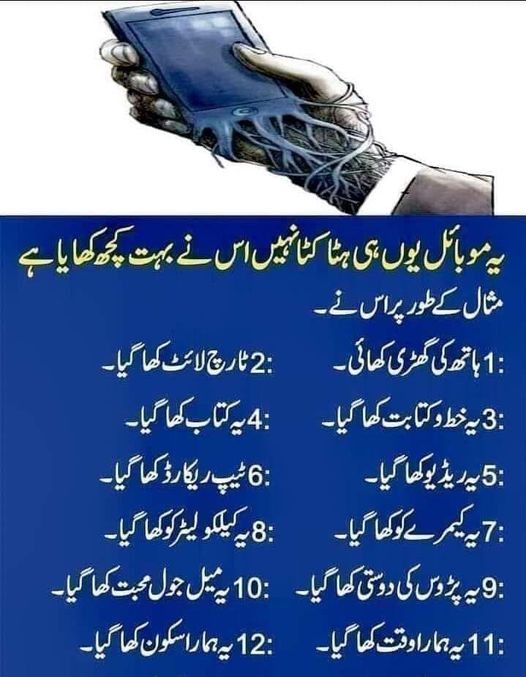When manners are your family business, you are extra careful where you use your cellphone.
Daniel Post Senning, 41, the fifth generation to write “Emily Post’s Etiquette,” now in its 19th edition, does not engage with his iPhone at the dinner table.
But many of us have experienced lovely gatherings jarred by the beeps and buzzing of nearby phones. The alerts are irritating enough, but even more so when texts, calls or FaceTime invitations are answered and the guest is no longer participating in the meal. “We are programmed to respond to these devices,” says Senning, who is co-president of the Emily Post Institute in Burlington, Vt. “It’s not that you realize you’re being rude. It’s just the habitual use that triggers you to respond immediately.”
It’s not hard to slide down the slippery slope of phone zone-out. We’ve all seen it happen. Someone went to a lot of trouble cooking a lovely meal and setting a nice table to bring friends together for a relaxing evening. “There is a lull in the conversation and someone checks the score of a game or a text from a friends group and all of a sudden they are locked into their phone and aren’t participating socially,” Senning says. “But staying present is very important, and it can pay real dividends in getting to know people and avoiding unintentional rudeness.”
